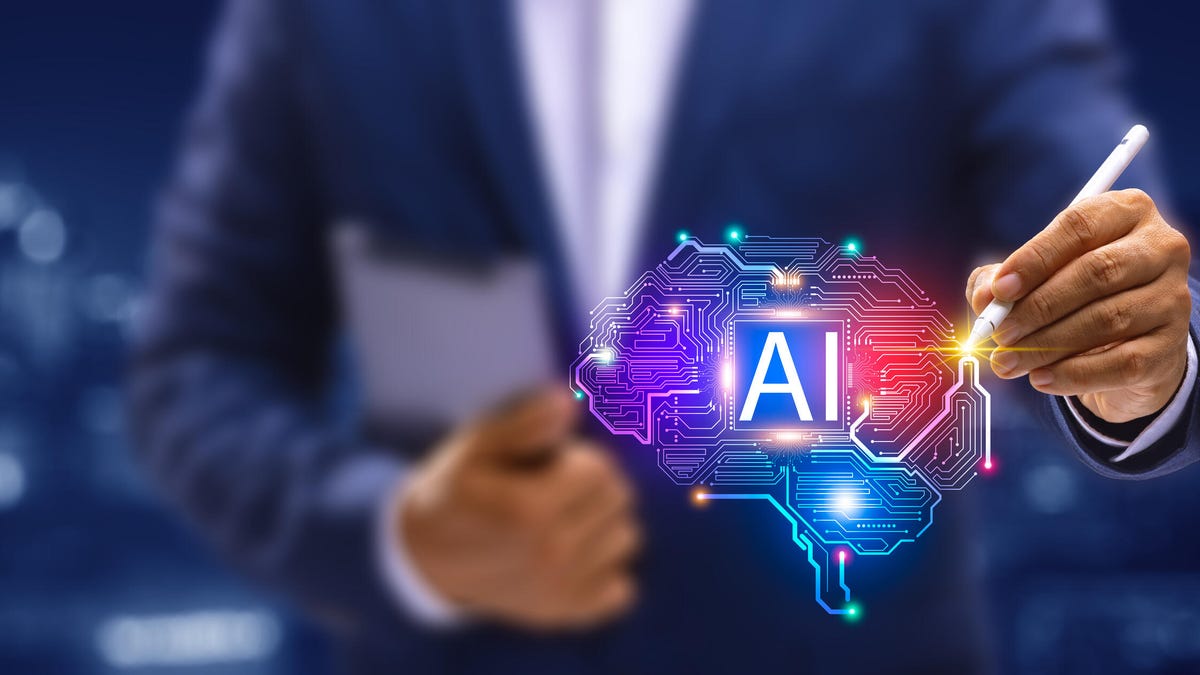U.S. Adults Express Broad Concerns Over AI’s Impact on Human Traits

Key Points
- A national survey of 1,005 U.S. adults finds AI’s impact on human traits is seen as more negative than positive.
- 41% say AI will do as much good as harm; 25% view it as mostly detrimental; only 9% expect it to improve humanity.
- Experts are less pessimistic than the public but share concerns about critical thinking and decision‑making.
- MIT research shows AI‑assisted writing may lead to superficial fluency and reduced deep understanding.
- Mental‑health risks, especially for teens and children, are highlighted as a major worry.
- Industry leaders continue rapid AI deployment despite public skepticism.
- Congress and advocacy groups are examining AI safety and guardrail effectiveness.
A new survey by Elon University’s Imagining the Digital Future Center finds that U.S. adults largely anticipate AI will have a more negative than positive effect on core human capacities such as empathy, critical thinking and self‑identity. While 41% believe AI will deliver as much good as harm, a quarter see the technology’s influence as mostly detrimental and only 9% expect it to improve humanity. Experts are less pessimistic than the public, but both groups highlight worries about mental‑health risks, loss of deep learning, and the potential for AI‑driven decision‑making errors.
Survey Reveals Predominant Skepticism
The Imagining the Digital Future Center at Elon University released a national survey that asked 1,005 U.S. adults to evaluate how artificial intelligence will affect human capacities over the next decade. Across every examined trait—including moral judgment, self‑identity, confidence, empathy and critical thinking—respondents rated the projected impact as more negative than positive.
Public Perception of AI’s Dual Edge
When asked about AI’s overall influence on "the essence of being human," 41% of participants said the technology would provide as much good as it would cause harm. However, 25% believed AI changes would be mostly for the worse, and only 9% felt AI would improve humanity. Lee Rainie, director of the center and a co‑author of the report, noted that these mixed views reflect competing narratives about AI’s capabilities and its potential to hurt people.
Expert Contrast
The same questionnaire was previously administered to a group of tech pioneers, builders and analysts. Compared with the public, the expert cohort was less pessimistic about AI’s impact on human traits, though both groups expressed concerns about possible erosion of critical thinking, decision‑making and problem‑solving abilities.
Implications for Education and Learning
Recent research, such as an MIT study, highlights differences in brain activity between individuals who write with AI assistance and those who do not. The study described a "superficial fluency" among AI‑assisted writers who retained less deep understanding and ownership of knowledge. This reinforces worries that reliance on AI could diminish genuine learning outcomes.
Mental‑Health Risks and Safety Concerns
Survey respondents also flagged mental‑health implications, noting that AI is an inadequate substitute for professional therapists and that vulnerable populations, especially teenagers and children, could be exposed to self‑harm or suicide‑related content. These concerns have drawn attention from Congress and advocacy groups, prompting scrutiny of AI guardrails designed to prevent misuse.
Industry Momentum Amid Public Wariness
Despite the prevailing skepticism, technology companies continue to invest heavily in AI development. Google has integrated its Gemini AI across its business, and ChatGPT’s daily active users reached a record high of 700 million in August. As AI tools become more capable and embedded in daily life, the survey underscores the importance of evaluating their broader societal impact.
Looking Forward
The findings suggest a need for balanced discourse that acknowledges both AI’s transformative potential and the legitimate anxieties it raises. Ongoing research, transparent policy‑making and responsible product design will be crucial to ensuring that AI augments rather than undermines essential human capacities.